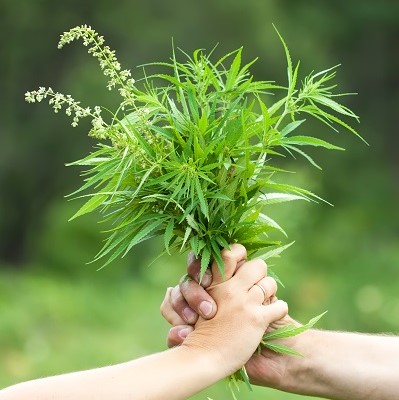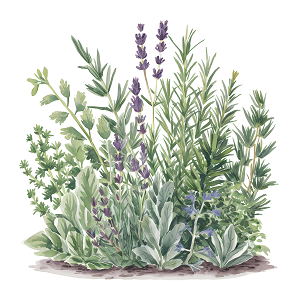 With all the herbal blends, proprietary blends, and essential herbal based oils on the market you may be under the misconception that all of them are safe. You may also be under the misconception that all of them are easy to use, administer, and safe for all ages. The truth is, there are some herbs that should never be used with children in any dosage. These are the herbs that you should look out for when you are buying herbal blends, oils, and natural remedies.
With all the herbal blends, proprietary blends, and essential herbal based oils on the market you may be under the misconception that all of them are safe. You may also be under the misconception that all of them are easy to use, administer, and safe for all ages. The truth is, there are some herbs that should never be used with children in any dosage. These are the herbs that you should look out for when you are buying herbal blends, oils, and natural remedies.
Goldenseal
There is not much information regarding goldenseal and the long term effects of the herb. However, most herbalists and midwives do caution against using the herb with small children, infants, and newborns. This is due to several reports that the use of goldenseal, in medium quantities, have caused brain damage in some children. Because it is unclear in the reported cases how much of the herb was used, it has been designated as an herb that is unsafe for children and should be avoided.
Licorice Root
Licorice root is commonly used for issues with the cold and flu season, allergies, and overall congestion. It can help to break up mucus in the lungs and help clear the nasal passages when used alongside diffused essential oils that have a menthol base such as peppermint. It has been noted that in larger doses, children may develop fatigue, and the continued use of the root can lead to migraine headaches in young children and teens. Ideally, if you are going to use this option, you should be using it under the care of a natural physician or holistic doctor. Keep in mind, there are many other alternatives that can be used in the roots place that are safer and approved for children of all age groups.
St. John’s Wort
St. John’s Wort is an herb that is commonly used with adults for depression and mild anxiety issues. When the same herb is used with children, it can cause a multitude of issues. These issues include confusion, the inability to communicate, and memory loss. In minor cases, issues of nausea and upset stomach. For these reasons it is best to use an alternative safe herb such as valerian root for symptoms of depression and anxiety in children.
These are only three of the herbs that should be kept from children. Ideally, you should stick to mild forms of herbs such as peppermint and chamomile or herbs that are listed as being safe for all ages. If you are in doubt if an herb is safe for children, consult your natural health consultant or request to see the children’s and infants section of the herbal remedies and whole herbs.
